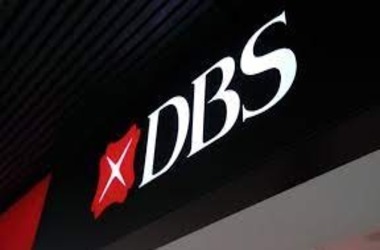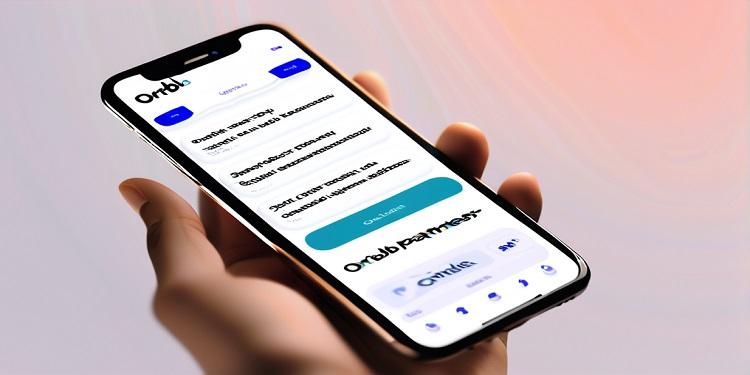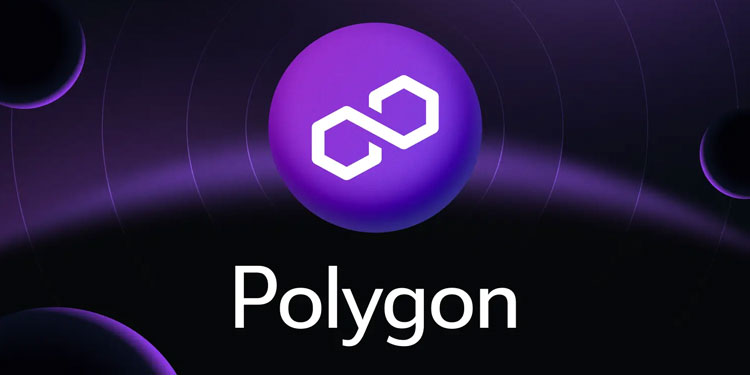 The biggest lender in Southeast Asia, the DBS bank of Singapore, has announced that it has become the first bank in Asia to conduct an intraday buyback trade on a blockchain-powered network. The trade was executed using JPMorgan’s intraday buyback app on Onyx Digital Assets, which allows fast settlements and fulfillment of trades within hours as opposed to the industry standard of one to two business days.
The biggest lender in Southeast Asia, the DBS bank of Singapore, has announced that it has become the first bank in Asia to conduct an intraday buyback trade on a blockchain-powered network. The trade was executed using JPMorgan’s intraday buyback app on Onyx Digital Assets, which allows fast settlements and fulfillment of trades within hours as opposed to the industry standard of one to two business days.
Specifically, DBS (D05), Singapore’s biggest bank by market capitalization, said that it is now the initial Asian bank to adopt JPMorgan’s (JPM) blockchain-powered fixed income trading platform Onyx, alongside worldwide giants such as Goldman Sachs (GS) and BNP Paribas (BNP) (EPA).
The Onyx Digital Assets network employs crypto tokens for short-term trade in fixed income markets, allowing investors to lend funds for hours without their exiting their financial statements. The majority of transactions on the repurchase – commonly referred to as “repo” – market are secured by government bonds, making it a crucial source of security for banks to support their balance sheets.
The objective of the Onyx platform is to enable banks to complete similar trades in a couple of hours, rather than one or two working days that have been required in the past. Following JPMorgan’s debut of Onyx two years back, more than $300 billion in intraday repo transactions have been executed.
“Repurchase agreements (repos) are a conventional and popular forms of obtaining credit, but infrastructural and technological bottlenecks have meant that the minimum period has often been a day,” stated Andrew Ng, head of Treasury and Markets at DBS.
Ng continued, “By using the advantages of a blockchain-driven platform, we are able to get USD financing in accelerated timelines, which is favorable to our liquidity requirements.”
DBS is in the forefront of initiatives spearheaded by Singapore’s central bank, the Monetary Authority of Singapore, to investigate blockchain-based digital technology.
DBS stated earlier in November that it was among the initial banks to trial the transaction of foreign currency and sovereign bonds on a public blockchain utilizing permissioned decentralized finance (DeFi) liquidity networks.
The transactions involved the buying and selling of tokenized Singapore state assets, the Singapore dollar, Japan government securities, and Japanese yen as portion of the city-Project state’s Guardian to study and evaluate financial technology innovations.








